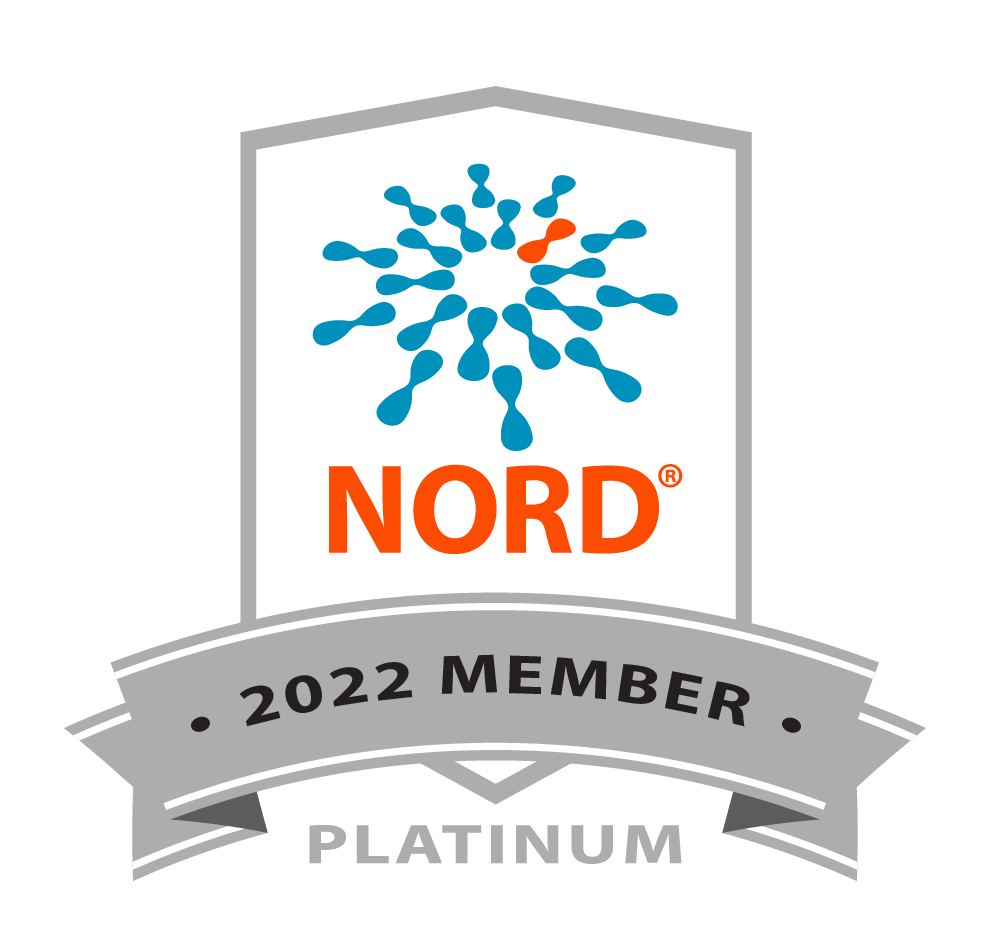Alpha-1 Antitrypsin Deficiency (Alpha-1) is a genetic condition that can cause damage to the lungs and/or the liver. There is no cure for Alpha-1, but some symptoms can be managed with treatment.

What is Alpha-1?
Alpha-1 is a condition that affects the lungs and/or the liver. It is a progressive condition, which means it may worsen over time. It can lead to serious lung and/or liver disease.
Alpha-1 is also known as AAT, AATD, Alpha-1 protease inhibitor deficiency, Alpha-1 related emphysema, genetic emphysema, hereditary pulmonary emphysema, inherited emphysema, or genetic COPD (chronic obstructive pulmonary disease).
How common is Alpha-1?
There are about 100,000 people in the United States living with Alpha-1 (and about the same number of people with Alpha-1 living in Europe). Worldwide, the number of people with Alpha-1 is 1 in every 1,500 to 3,500 people of European ancestry.
People of any racial or ethnic group can get Alpha-1, but it is more common in people of northern European backgrounds.
Is there a cure for Alpha-1?
There is no cure for Alpha-1, but treatment can help people with Alpha-1 manage symptoms. Avoiding certain behaviors, like smoking, can help slow the progression of Alpha-1 lung disease.
Read the What is Alpha-1? brochure to learn more
Watch the video: Alpha-1 Antitrypsin Deficiency – How It Works











